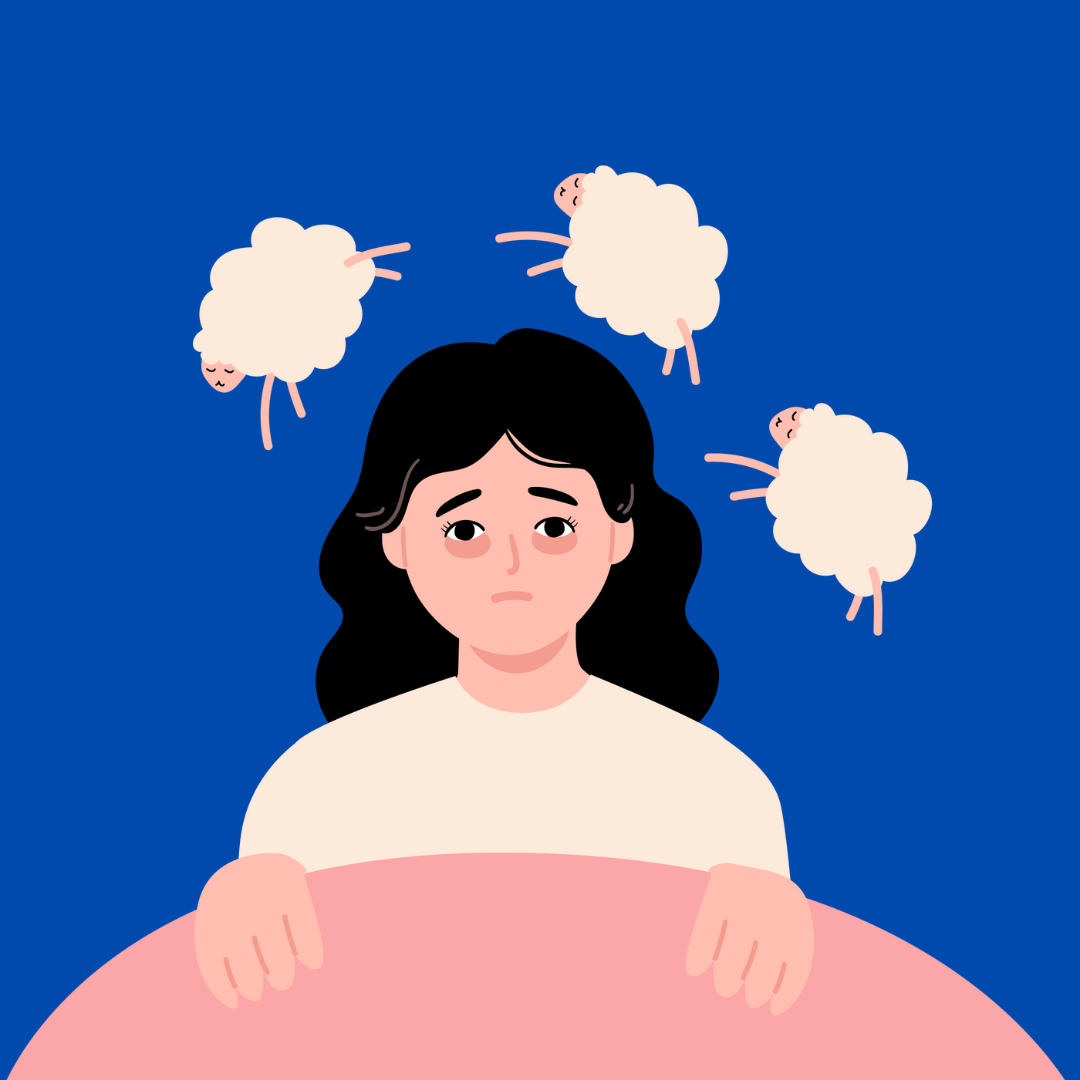
The Cost of Sleep Deprivation: Exploring the Long-Term Effects on Health and Well-Being
Share
Wellness is a holistic journey that includes proper sleep. Sleep deprivation can have serious consequences on your health and well-being. Chronic sleep deprivation doesn’t just make you feel groggy and irritable; it can lead to a range of long-term health issues. Read on as we explore the cost of sleep deprivation and its effects on overall health.
Cognitive Impairment
One of the most immediate effects of sleep deprivation is cognitive impairment. Lack of sleep affects your memory, decision-making abilities, and problem-solving skills. Over time, chronic sleep deprivation can lead to more severe cognitive issues, including difficulty concentrating and reduced alertness. This can increase the risk of accidents and errors, impacting daily activities and overall productivity.

Mental Health Issues
Sleep is closely linked to mental health. Prolonged sleep deprivation can significantly impact mental well-being, contributing to the development and exacerbation of conditions such as depression, anxiety, and mood disorders. Adequate sleep is crucial for regulating mood and emotional stability, and insufficient rest can lead to increased irritability, stress, and a decreased ability to cope with daily challenges.

Weakened Immune System
A strong immune system is essential for fighting off infections and inflammation. During sleep, the body produces cytokines, proteins that help combat infections and inflammation. Chronic sleep deprivation reduces the production of these protective proteins, making individuals more susceptible to illnesses like colds and flu and potentially prolonging recovery times.

Cardiovascular Problems
Long-term sleep deprivation is associated with an increased risk of cardiovascular issues. Poor sleep can lead to hypertension (high blood pressure), heart disease, and stroke. The body's stress response is heightened by lack of sleep, leading to elevated levels of stress hormones like cortisol, which can damage the cardiovascular system over time.

Weight Gain and Metabolic Issues
Sleep deprivation can disrupt the balance of hormones that regulate hunger and appetite, such as ghrelin and leptin. This disruption can lead to increased hunger, cravings for high-calorie foods, and ultimately, weight gain. Additionally, chronic lack of sleep is linked to insulin resistance, increasing the risk of developing type 2 diabetes and other metabolic disorders.

The long-term effects of sleep deprivation on health and well-being are profound and far-reaching. Cognitive impairment, mental health issues, a weakened immune system, cardiovascular problems, and weight gain are just some of the consequences of not getting enough rest. At PT Pro, we offer a range of wellness pillows designed to support better sleep, reduce discomfort, and promote optimal rest. Prioritizing good sleep hygiene, including using high-quality pillows, can lead to a healthier, more balanced life. Shop our pillows now!
